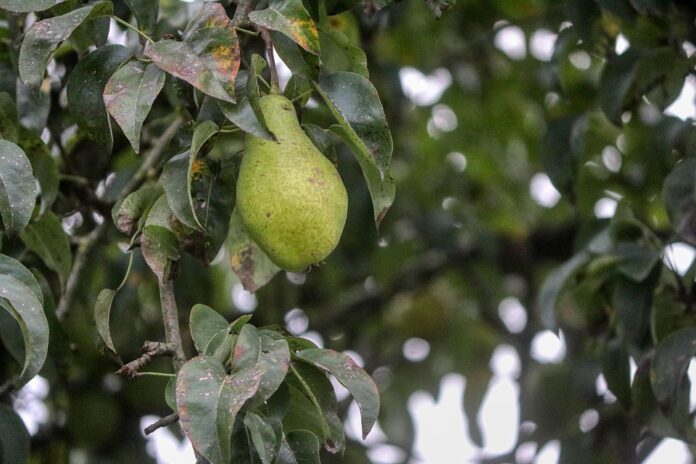The Rise of Compostable and Carbon-Neutral Packaging for Vegan Foods
In recent years, the demand for vegan foods has been on the rise due to increasing awareness of the environmental and health benefits of plant-based diets. As a result, the packaging industry has also seen a shift towards more sustainable and eco-friendly options to cater to this growing market. One of the key trends in packaging for vegan foods is the emphasis on compostability and carbon neutrality.
Compostable Packaging for Vegan Foods
Compostable packaging is made from materials that can break down into natural components in a composting environment, leaving no toxic residue behind. This type of packaging is highly sought after by consumers who are conscious of their environmental impact and want to minimize their waste footprint.
Companies like Vegware, a UK-based packaging manufacturer, specialize in producing compostable packaging for the food industry, including products specifically designed for vegan foods. Vegware’s packaging is made from renewable plant-based materials such as corn starch, sugarcane, and wood pulp, making it fully compostable in commercial composting facilities.
The compostable packaging market for vegan foods is projected to grow significantly in the coming years, driven by consumer demand for sustainable and eco-friendly options. According to a report by Grand View Research, the global market for compostable packaging is expected to reach $3.4 billion by 2027, with a compound annual growth rate of 14.4%.
Carbon-Neutral Packaging for Vegan Foods
Carbon-neutral packaging refers to packaging that has been designed and produced in a way that minimizes its carbon footprint, either through the use of renewable energy sources or by offsetting carbon emissions through initiatives such as reforestation projects or carbon credits.
One company leading the way in carbon-neutral packaging is Tetra Pak, a Swedish packaging manufacturer known for its innovative carton packaging solutions. Tetra Pak has committed to achieving net-zero greenhouse gas emissions across its value chain by 2050, including the production and transportation of its packaging materials.
The carbon-neutral packaging market is expected to grow as more companies prioritize sustainability in their operations. According to a report by Meticulous Research, the global market for carbon-neutral packaging is forecasted to reach $3.5 billion by 2027, with a compound annual growth rate of 4.5%.
Industry Insights and Outlook
The packaging industry is undergoing a transformation as consumer preferences shift towards more sustainable and eco-friendly options. Packaging for vegan foods, in particular, is at the forefront of this trend, with companies investing in compostable and carbon-neutral solutions to meet the demands of environmentally conscious consumers.
While compostable and carbon-neutral packaging may come at a higher cost compared to traditional packaging materials, the long-term benefits in terms of environmental impact and brand reputation are significant. Companies that prioritize sustainability in their packaging choices are likely to gain a competitive edge in the market and attract a growing base of environmentally conscious consumers.
In conclusion, the shift towards compostable and carbon-neutral packaging for vegan foods reflects a broader trend towards sustainability in the packaging industry. As consumer awareness of environmental issues continues to grow, companies will need to adapt and innovate to meet the demand for more eco-friendly packaging solutions. By investing in compostable and carbon-neutral packaging, companies can not only reduce their environmental footprint but also position themselves as leaders in the transition towards a more sustainable future.


